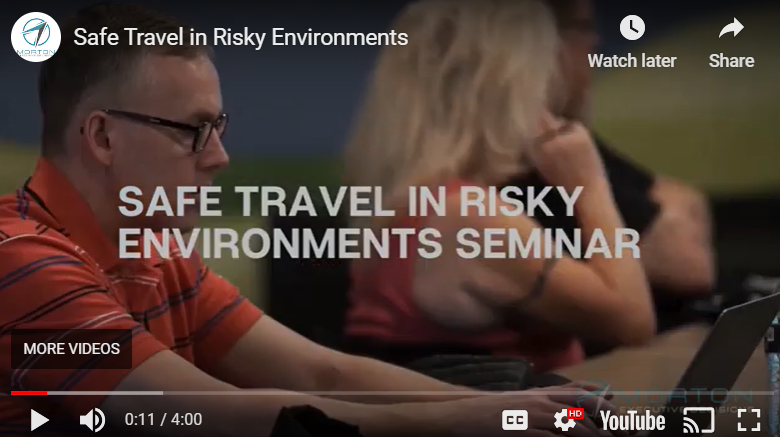Survival mindsets are not natural…they are learned.
Our ability to handle crises is not determined by our birth but rather by our education and experience. The idea that we will automatically rise to the challenge in a life-threatening situation is a fallacy that marketing companies in the media often exploit as they try to connect with people by stroking their egos.
The hero fantasy is sold so often to those who wish they could be heroes that they begin to believe their own legend and persona. However, the truth is that true heroes are rare, and courage is subjective.
When faced with a fight, flight or freeze situation, our self-image becomes irrelevant. The physiological response to potential trauma often suppresses our logical thinking, making an irrational view of ourselves even more dangerous.
When faced with the possibility of death, our primal instincts take over, and we enter survival mode. This is when our body reacts purely through instinct. If we have never had the chance to test these instincts, we can become vulnerable and more likely to be paralyzed by fear - this is known as the "freeze" response in fight, flight, or freeze.
Growing up in a safe and permissive environment like the Western world, we seldom get the opportunity to test our reactions in challenging situations such as crime, terror attacks, or war. These are the situations that are handled by professional soldiers, police officers, and emergency responders who serve the greater good. As a result, most people do not allow themselves the mental discomfort of exploring how they would react if those responders were not present or unable to respond quickly.
Growing up in developing nations, the idea of creating a persona or fantasizing about becoming a hero can be dangerous. While children may engage in make-believe, adults cannot afford to do so. Due to the constant threat of death, they must accept their circumstances and adapt to survive. They typically lack the security, time, or energy to indulge in wishing or dreaming. They live at the bottom of Maslow's Hierarchy of Needs, where reality is harsh, and self-actualization is not a realistic goal.
Many people who work in security or emergency response are trained to rely on their instincts in high-stress situations. This is why they often undergo stress inoculation training, also known as "train like you fight" in the military. They put themselves in controlled situations that simulate fear to push themselves to their limits and teach their bodies to react quickly under suppressed brain activity.
By constantly pushing their limits, embracing fear, and moving forward with courage (which is a decision rather than a virtue), individuals can train their bodies and minds to respond with a reasonable level of control. While it may be impossible to prepare for every crisis situation, by repeatedly exposing their body to fight, flight or freeze responses, they eventually reach a point where decisions can be made, which is much better than freezing and failing to make any decisions at all.
It is not reasonable to assume that professional responders or soldiers will always be available to assist in emergency situations. Therefore, individuals should take responsibility for their own safety and security. This involves confronting the discomfort of potential crises and considering various scenarios, asking themselves, "What would I do in a crisis?" Individuals should also assess their own limitations and actively prepare themselves for potential emergencies.
As social unrest and crime rates continue to rise globally, the likelihood of encountering a crisis situation is also increasing. In the past, people were taught basic situational awareness and self-defense skills from a young age. For example, in the Old West, it was common for 10 or 11-year-old boys to accompany their fathers on wagon rides into town for supplies and even ride shotgun. This was considered normal and was not a traumatic experience for them.
Until recent times, these skills were necessary for our species' survival. However, unprecedented security and economic growth in the past few decades have caused the Western world to neglect these basic security and safety skills.
"The world is constantly changing, and people must adapt to these changes in order to continue thriving. As individuals, we are all responsible for our own safety as well as that of others. Therefore, it is imperative that we return to the basics and establish a solid baseline. By doing so, we will be better equipped to handle any situation that may arise and avoid becoming victims. Instead, we can become victorious.
Morton Executive Decisions collaborates with individuals around the world to establish a controlled environment that enables them to push beyond their current capabilities and become more aware of their limitations. Our aim is to empower people to avoid crises when possible and respond effectively when necessary. To connect with us, please send an email to info@morton.consulting or register for one of our seminars by clicking the link provided here.



